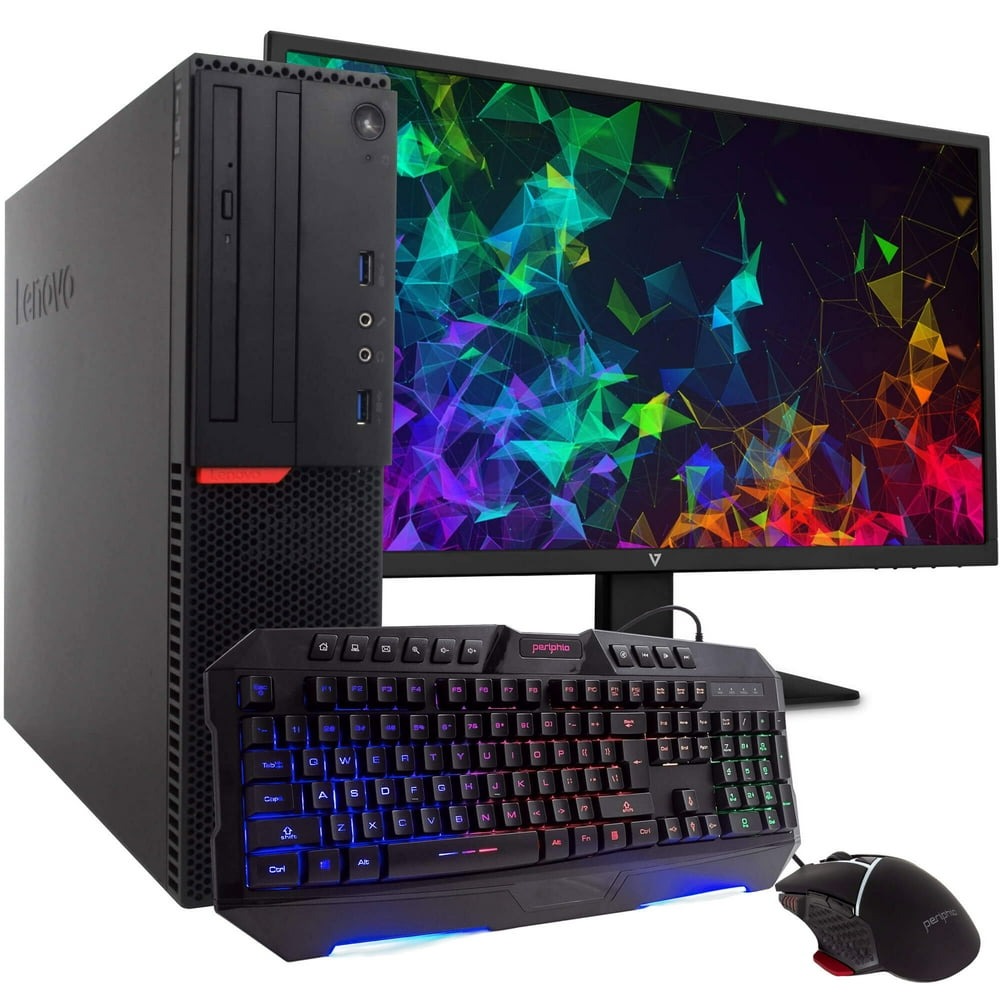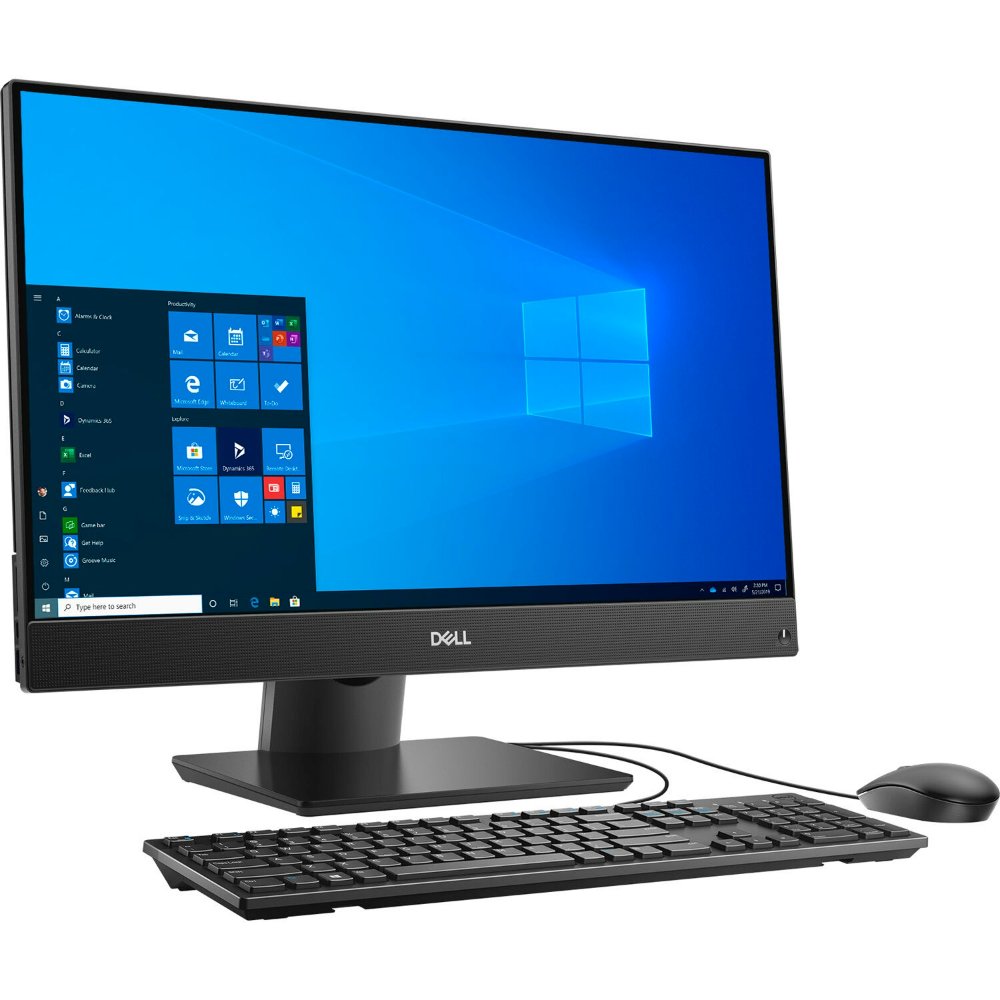Introduction to Computer Breakdowns
Navigating through a computer breakdown involves recognizing its common signs and understanding the initial steps necessary for effective troubleshooting. When a computer begins to malfunction, it often exhibits several telltale indicators that alert users to the emerging problem. Familiarizing yourself with these signs is crucial, as early detection can often prevent more severe issues down the line.
Recognizing Common Signs and Initial Assessments
One of the most apparent signs of a breakdown is a noticeable decrease in speed. If applications take longer to open, web pages load sluggishly, and the overall responsiveness of the system diminishes, your computer may be struggling with resource management. This slowdown can stem from various causes, such as insufficient memory, fragmented hard drives, or even a virus.
To begin addressing these issues, first check all connections. Ensure your computer’s power supply is secure and all peripheral devices are correctly connected. Observing these initial cues can prevent minor issues from growing into major breakdowns.

Physical Damage and Its Implications
Physical damage can halt a computer’s function quickly and unexpectedly.
Addressing and Preventing Physical Harm to Computers
Computers face risks from drops, spills, and rough handling. Place computers on stable surfaces to prevent falls. Use keyboard covers and sturdy cases to shield from spills and bumps. Keep your computer away from high traffic areas where accidents are more likely to occur. Regular inspections can catch issues before they lead to damage, ensuring cables are secure and components are not loose. Educating users on proper handling and storage can also minimize physical risks.
The Aging Factor in Computers
Just as humans show signs of aging, computers are not immune to it. Over time, the hardware components of a computer can degenerate, affecting its performance and reliability.
How Aging Affects Performance and Longevity
As computers age, their parts wear out and their performance declines. Here are some ways aging impacts a computer:
- Slower Processing Speeds: Older processors can struggle with new software, slowing down operations.
- Battery Wear: For laptops, battery capacity diminishes, reducing the cordless usage time.
- Hard Drive Wear: Older hard drives are more prone to failures, risking data loss.
- Obsolete Components: Technology evolves rapidly, making older parts incompatible with new updates or software.
- Increased Maintenance Costs: Maintaining an older computer can become costly as parts become rarer.
Understanding how aging affects your computer can guide your maintenance strategies or decisions on when to upgrade. Regular software updates, cleaning dust from internal components, and replacing old parts like hard drives can extend your computer’s life, ensuring better performance and longevity.
Electrical Issues: Surges and Brownouts
Electrical inconsistencies like surges and brownouts can severely impair your computer’s performance and longevity. Surges represent an excessive spike in voltage, which can overwhelm and damage computer components if unprotected. Conversely, brownouts occur when voltage drops temporarily, which can cause computers to shut down improperly, potentially leading to system errors or hardware damage.

Protecting Your Computer From Electrical Damage
To shield your computer from such electrical threats, consider these actionable strategies:
- Use Surge Protectors: Plug your devices into surge protectors. These devices guard against voltage spikes, thus saving your computer from potential damage.
- Invest in Uninterruptible Power Supplies (UPS): A UPS provides backup power during outages and brownouts, ensuring your computer shuts down safely.
- Routine Electrical Inspection: Have a professional check your home or office’s wiring periodically, to prevent electrical issues before they strike.
- Voltage Regulator: Use a voltage regulator to maintain a consistent voltage level, safeguarding against fluctuations that can harm your computer.
By taking these precautions, you can significantly reduce the risk of an electrical mishap that could lead to a computer breakdown.
Overheating: A Silent Killer
Overheating can drastically reduce your computer’s efficiency and lifespan. It often goes unnoticed until it causes significant harm.
Strategies to Prevent Overheating and Cool Your System Efficiently
- Keep Your Environment Cool: Place your computer in a cool, ventilated area. Avoid cramped spaces or near heat sources.
- Clean Internally: Dust accumulates inside the computer, blocking air flow. Clean dust from vents and components regularly.
- Upgrade Cooling Systems: Consider additional or better-quality fans. Liquid cooling systems offer superior cooling for high-performance computers.
- Monitor Temperature: Use software to monitor your system’s temperature in real-time. This will help catch overheating before it becomes a problem.
- Optimize Computer Settings: Adjust settings for optimal performance. Prevent unnecessary background apps from running.
By applying these strategies, you can effectively minimize the risks associated with overheating, ensuring your computer runs smoothly and lasts longer.

Hard Drive Failures
Hard drives are essential for storing all your computer data. Like all components, they can fail, resulting in data loss and system instability. Recognizing the early warning signs of impending drive failure is critical for safeguarding your data.
Signs of Failing Drives and Data Recovery Tips
Hard drive failures give off clear warnings if you know what to look for. Listen for unusual sounds like clicking or grinding. Slow data access and frequent system crashes can also indicate drive issues. Check for the ‘blue screen of death’ and corrupted files as these are red flags.
When you detect these signs, back up data immediately. Use an external drive or cloud storage for your files. If the drive fails before you can back up, data recovery software may help. Remember, such software works best when used promptly after the failure.
In cases of severe drive damage, professional data recovery services may be necessary. These experts can often salvage files from a failing hard drive. However, these services can be costly, so regular backups are always the best defense.
Protect your data by monitoring hard drive health. Use built-in tools like ‘Check Disk’ in Windows to scan for errors. Consider replacing old drives before they fail, especially if they show signs of wear. Keep your system clean and well-ventilated to extend the life of your hard drive.
The Virus and Malware Menace
Viruses and malware pose a significant threat to computer health.
Conducting Effective Scans and Protecting Your System
To combat the menace, consistent vigilance and preventive measures are crucial.
- Regular Scans: Perform full system scans regularly with updated antivirus software.
- Safe Browsing Practices: Avoid clicking on suspicious links or downloading from unreliable sources.
- Software Updates: Keep all software, especially your antivirus, updated to minimize vulnerabilities.
- Back-Up Data: Regularly back up important files to an external drive or cloud storage.
- Email Caution: Be wary of opening attachments or links from unknown senders.
- Firewalls: Use firewalls to block unauthorized access to your computer.
By adhering to these strategies, you can safeguard your system against malicious software and reduce the likelihood of a computer breakdown.
When to Seek Professional Help
Sometimes, despite best efforts, a computer breakdown may require professional expertise. When troubleshooting and safety measures don’t resolve the issues, it’s time to consider professional help.
Choosing the Right Service and Ensuring the Best Care for Your Computer
Selecting the right service is crucial for your computer’s care. Look for reputable technicians with good reviews. Ask for certifications and experience details. Ensure they offer a warranty on their repairs. This approach helps secure the best care for your computer.
Conclusion
By understanding the common signs of a computer breakdown and taking appropriate steps, users can effectively mitigate the impacts of hardware or software failures. Early recognition and action can preserve data, enhance performance, and extend the lifespan of your computer, empowering you to navigate its complexities with confidence.